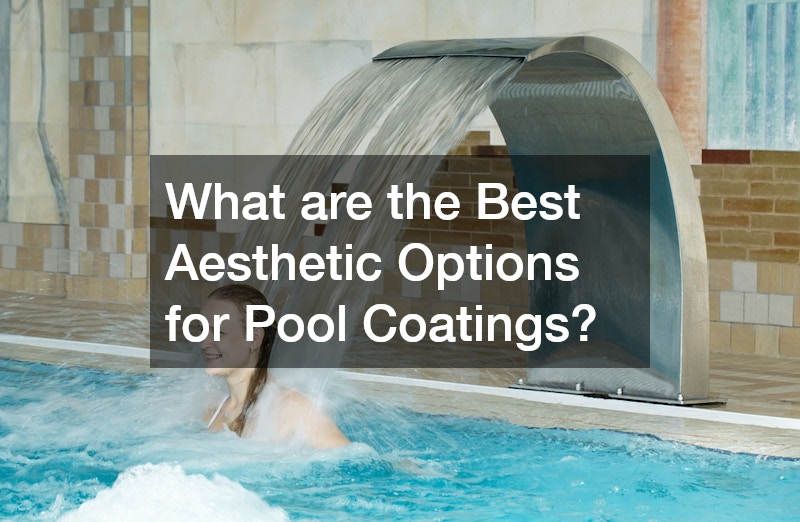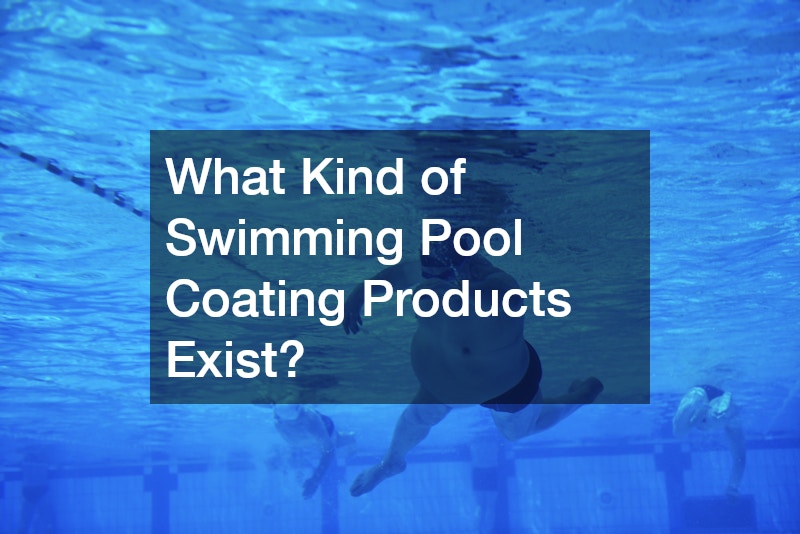Swimming pools are a popular addition to many homes, providing endless opportunities for fun, exercise, and relaxation. However, choosing the right coating for your pool is crucial for maintaining both its aesthetics and functionality. In this article, we will explore the different types of swimming pool coating products available, focusing on the most frequently asked questions by pool owners.
What are the Most Durable Swimming Pool Coating Options?
Epoxy Coatings
Epoxy swimming pool coating products offer a high level of durability, being highly resistant to chemical exposure and water damage. These coatings form a hard and thick protective layer that shields the pool surface from wear and tear over time.
Ideal for both residential and commercial pools, epoxy provides a smooth and flawless finish.
One of the key advantages of epoxy coatings is their ability to withstand harsh environmental conditions, including UV rays that often lead to surface degradation. This makes them particularly beneficial in sunny and warmer climates where exposure is consistent. Additionally, epoxy coatings are known for their ease of maintenance, requiring less frequent touch-ups compared to other options.
Polyurethane Coatings
Polyurethane coatings provide impressive durability, with flexibility that helps prevent cracking under varying temperature conditions. This type of coating is particularly popular in areas with fluctuating climates. Its adaptable nature ensures that the pool surface remains intact despite temperature changes, which can otherwise cause expansion and contraction damage.
This flexibility is a hallmark of polyurethane, making it an excellent choice for regions that experience seasonal variations. The material’s resilience is complemented by its resistance to most chemical cleaning agents used in pools, further protecting the integrity of the coated surface. Polyurethane’s versatility in application is also notable, capable of adhering to various substrates, making it an ideal choice for different pool surfaces.
Cement-Based Pool Plasters
Cement-based plasters have been traditional choices for many years, known for their robustness and classic finish. While they may require more frequent maintenance compared to modern solutions, their durability can be enhanced with additives. These plasters are a cost-effective option that delivers a hard surface capable of withstanding substantial pressure over time.
The traditional aesthetic appeal of cement plasters draws many pool owners to this option, especially those who appreciate a timeless look. Their application typically results in a smooth finish that blends easily with a variety of poolside landscapes. Additives such as polymers or silicone can be mixed into the plaster to improve its adhesion and resistance to chemicals, thereby extending its service life.
What are the Best Aesthetic Options for Pool Coatings?
Acrylic Coatings
Acrylic coatings are favored for their visually appealing finish, available in a variety of colors and patterns. They are a popular choice for those looking to enhance the pool’s appearance without compromising on basic protection. The variety of design possibilities with acrylic means it can easily complement any backyard decor or architectural style.
These swimming pool coating producrs are particularly appreciated for their ability to resist UV rays, thereby preventing fading over time. This ensures that the vibrant color and aesthetic quality last for many seasons, making it a favored choice for pool owners who value appearance. The lightweight nature of acrylic coatings also simplifies the application process, reducing labor time and costs.
Quartz Aggregate Finishes
Quartz aggregates are increasingly popular for their shimmering and textured aesthetic. They create a visually stunning surface that is both slip-resistant and durable, blending beauty with safety. This combination makes quartz an appealing option for family pools where safety and style are equally prioritized.
The unique texture of quartz aggregate finishes not only enhances visual allure but also supports traction, reducing the risk of slip-related incidents. This slip resistance makes it particularly suited for wet areas, offering peace of mind for families with active children or frequent pool gatherings. Furthermore, quartz aggregates blend well with other features, allowing for seamless integration with surrounding landscaping or poolside elements.
Conclusion
Choosing the right swimming pool coating products involves balancing durability and aesthetics to meet individual preferences and environmental demands. Whether prioritizing longevity with epoxy, seeking aesthetic appeal with acrylic, or combining both with quartz aggregates, understanding the available options allows for informed decisions tailored to personal and environmental needs. Proper consideration ensures that your swimming pool remains a beautiful and functional oasis for years to come.





